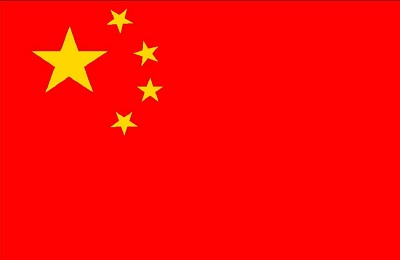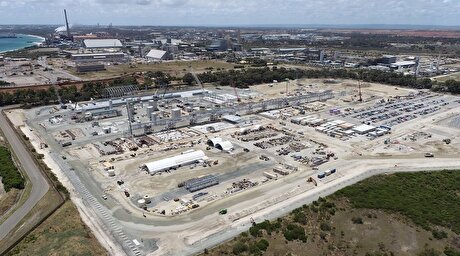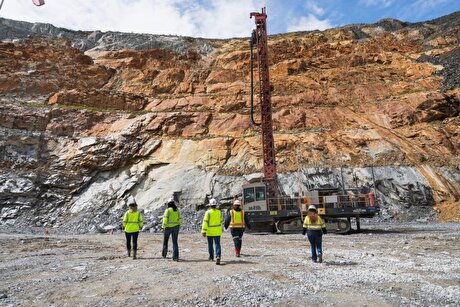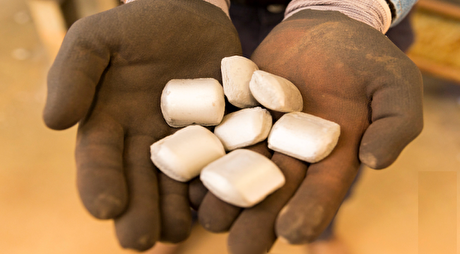
Exporters see little benefit to tax cut: Correction


China removed the 10pc export tax on billet for 2019, according to a ministry of finance listing released on 29 December. The billet export tax was 15pc in 2017 before it fell to 10pc in 2018. The export tax is imposed on top of the 16pc value-added tax (VAT).
Even with the removal of the export tax, Chinese billet remains uncompetitive into Asia, traders said. There are few offers in the market.
The domestic price for billet at 3,280 yuan/t ex-works in Tangshan that equates to a price of $485/t fob north China with a $7/t freight fee to the port. CIS billet sold at $443/t cfr Philippines last week, well below China's price levels. The Argus fob Black Sea billet price at $395/t yesterday equates to a delivered price of around $445/t cfr Philippines with a freight rate of $50/t.
Chinese exporters can receive a 13pc VAT tax rebate for billet if they declare it as square bar. China has repeatedly cracked down on customs tax fraud, with mass arrests in mid-2018 and a new customs declaration form in August, but the practice continues.
"Zero export tax on billet is meaningless because exporters are still exporting billet declared as square bar to get the 13pc tax rebate," an east China exporter said.
China exported 1,992t of billet in January-October under the HS codes affected by the export tax changes, up from 868t in the same period in 2017. Most of China's billet exports are declared as square billet, but square bar export volumes cannot be broken out because it falls under the same HS code as rebar, Chinese traders said.
China's steel export prices are inclusive of the 16pc VAT tax minus any rebates. Rebar exports receive a 13pc VAT rebate, so fob China rebar prices include the net of 16pc minus 13pc, or 3pc VAT tax, after rebate. Hot-rolled coil (HRC) exports receive a 10pc VAT rebate, so fob China HRC prices include the net 6pc VAT.


Caterpillar sees US tariff hit of up to $1.5 billion this year

Australia pledges $87M to rescue Trafigura’s Nyrstar smelters in critical minerals push

SAIL Bhilai Steel relies on Danieli proprietary technology to expand plate mill portfolio to higher steel grades

Alba Discloses its Financial Results for the Second Quarter and H1 of 2025

Fortuna rises on improved resource estimate for Senegal gold project

Tianqi Lithium Australia JV says it is prioritizing long-term viability of refinery

Copper price slips as unwinding of tariff trade boosts LME stockpiles

US slaps tariffs on 1-kg, 100-oz gold bars: Financial Times

Fresnillo lifts gold forecast on strong first-half surge

De Beers strikes first kimberlite field in 30 years

Minera Alamos buys Equinox’s Nevada assets for $115M

OceanaGold hits new high on strong Q2 results

What’s next for the USGS critical mineral list

South Africa looks to join international diamond marketing push

Copper price gains on Chinese demand, Chilean supply risks

Gold exploration spend trending down despite higher prices – S&P Global

A global market based on gold bars shudders on tariff threat

New research reveals source of world’s richest lithium deposits

Century Aluminum to invest $50M in Mt. Holly smelter restart in South Carolina

De Beers strikes first kimberlite field in 30 years

Minera Alamos buys Equinox’s Nevada assets for $115M

OceanaGold hits new high on strong Q2 results

South Africa looks to join international diamond marketing push

Copper price gains on Chinese demand, Chilean supply risks

Gold exploration spend trending down despite higher prices – S&P Global

A global market based on gold bars shudders on tariff threat

Century Aluminum to invest $50M in Mt. Holly smelter restart in South Carolina

Australia to invest $33 million to boost Liontown’s Kathleen lithium operations














